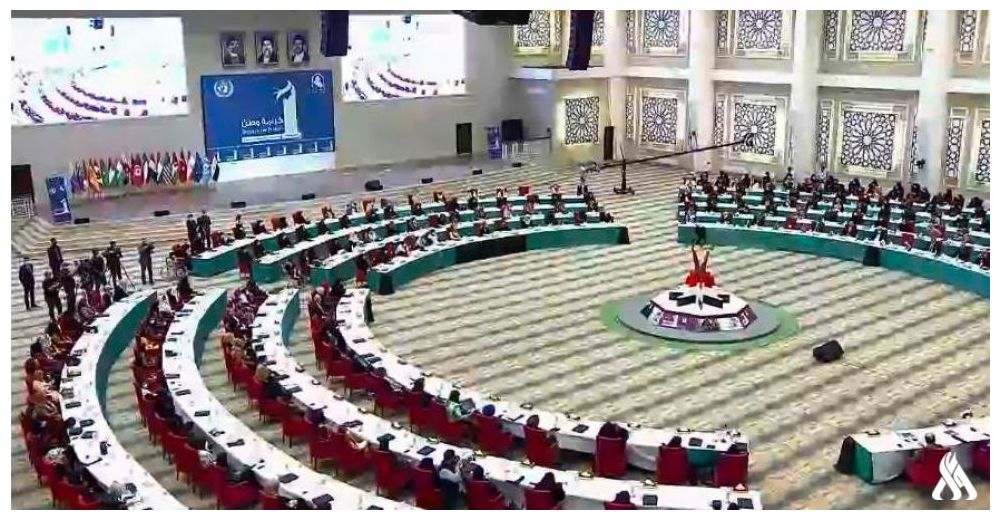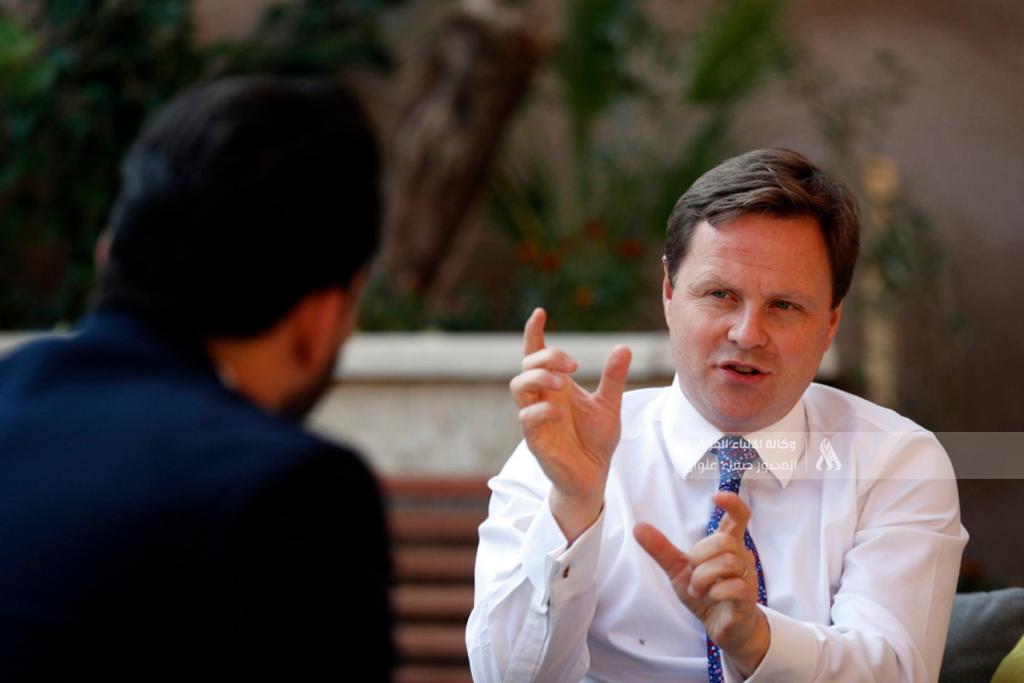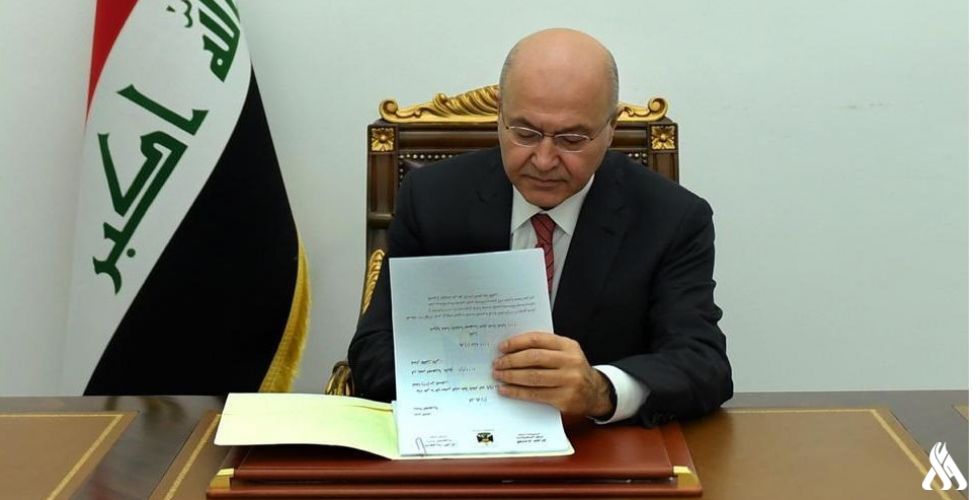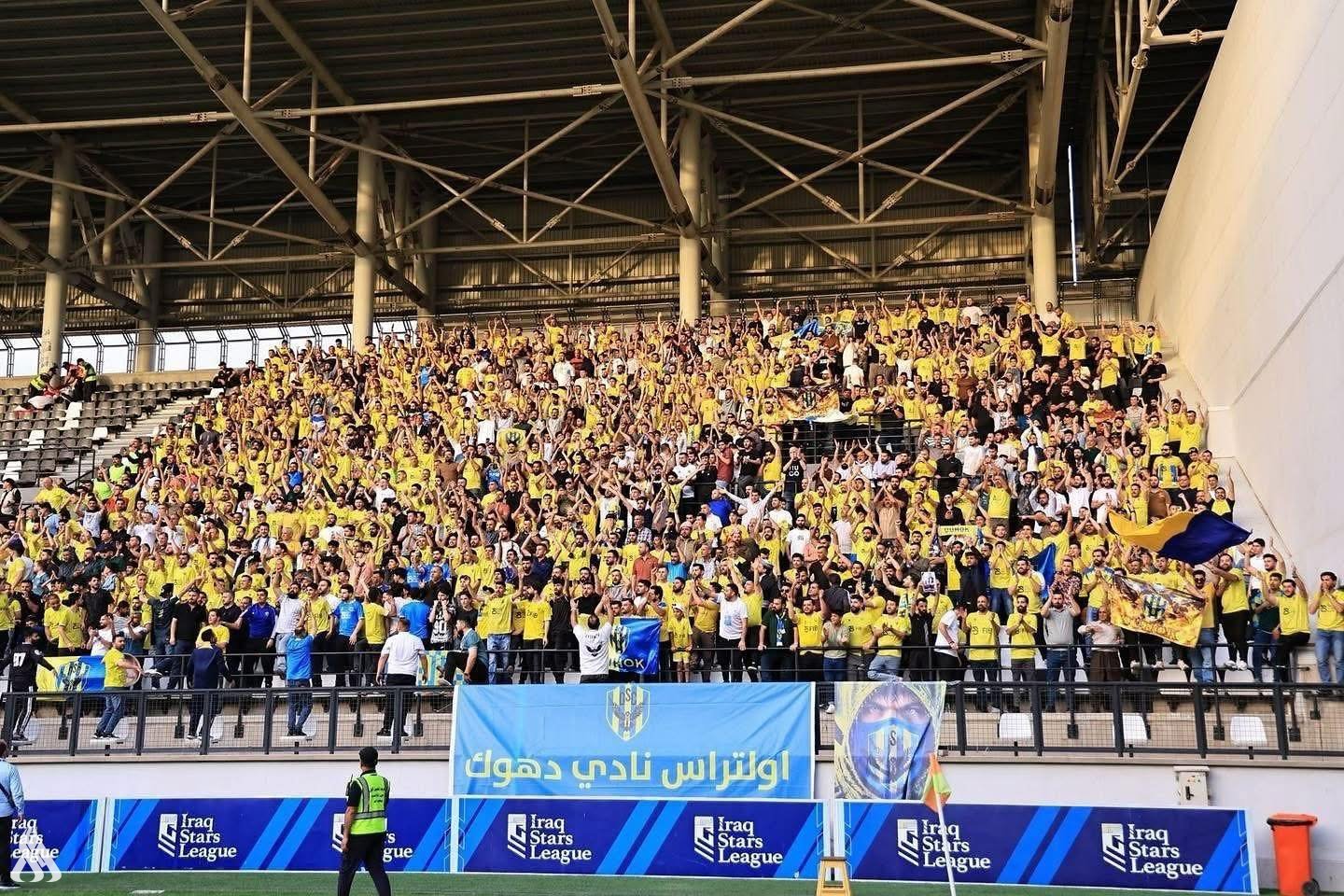
Promises to support women, emphasis on fair elections and keeping weapons exclusively to the state

- 19-09-2020, 16:33
INA - Baghdad
The three presidencies affirmed women's support, while stressing the need for fair elections, and for weapons to be restricted to the hands of the state.
On the Islamic Day to fight Violence Against Women, President Barham Salih stressed the need not to undo the gains that have been achieved in the interest of women, and focus on expediting the legislation of the Domestic Violence Law and the necessity to include other categories of Turkmen women, survivors and Shabaks.
Salih added that "any delay in issuing legislations during the democratic process of the new Iraq is a betrayal for future generations, and a retreat from the march of progress, especially in the field of fairness for women, and their support for the exercise of their role in society and restrict weapons in the hands of the state in the preparation for holding fair elections away from the power of weapons,”
He stressed the need not to be complacent in holding the corrupt and obstructive accountable, in order to build a fully sovereign state.
In turn, Prime Minister Mustafa Al-Kadhemi said: "Today we have the presidents of the republic and parliament, and we hope that they will contribute to consolidating the concept of the social contract and legislating the election law to start the early elections process,"
Al-Kadhemi pointed out, "we still need more work for women and what they deserve in our societies, and even the law against domestic violence that the government submitted to Parliament is still getting pushed and pulled,"
"We expect Iraq to become a nation that have all the characteristics of motherhood, and with all the challenges, we are proud of the level of Iraqi women, and that we have female ministers in the Iraqi state that we are proud of," he added.
Al-Kadhemi explained, "We still need more to support Iraqi women, and we will work to revitalize the Supreme Council for Women, which will be headed by the prime minister"
For his part, Parliament Speaker Muhammad al-Halboosi called on political forces to assume their responsibilities in completing the elections law.
Al-Halbousi said that in order to pass the status quo, it will be through empowering the loyal ones, and taking their hand to strike the corruption in accordance with a transient, fair and brave national context that transcends all the limits and frequencies of the past, and establishes for a single and ambitious stage, which begins with fair elections coinciding with a campaign of accountability and punishment of the corrupt as well as confining weapons to the state.
For his part, the head of the National Wisdom Movement, Ammar al-Hakeem, said that "restoring the prestige of the state is everyone's responsibility," and renewed his support for early elections, calling on the House of Representatives to settle its law.
Al-Hakeem added, "We stress the protection of female activists and participants in the demonstration squares, and we call for the activation of the Supreme Council for Women,"
To that, the representative of the United Nations in Iraq, Jeanine Hennis-Plasschaert, welcomed what she described as the commitments made by the judiciary regarding domestic violence, praising the measures taken by the three presidencies on the domestic violence law.
PM: Placing Iraq’s supreme national interest above all else
- politics
- 04:27
Indian Ocean drill unites Russian and Bangladeshi navies in show of partnership
- International
- 02:11
Duhok of Iraq and Qadsia of Kuwait match kicks off
- Sport
- 25/04/15
Barcelona steals exciting win from Celta Vigo, La Liga
- Sport
- 25/04/19












